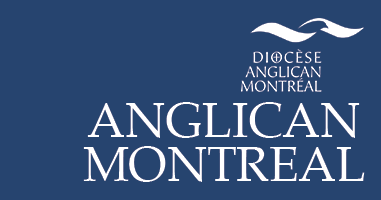During my time on the Board of Governors for Montreal Dio, I have had the distinct pleasure of participating in College life in a number of ways, including joining the conversations about forming a combined college with the former United Theological College (UTC).
At its best, this process involved Board members and staff from both Colleges speaking openly about their denomination – as well as College-specific experiences of faith, education, and religiosity – and listening to each other in a creative way, not just hearing, but actually making something out of the information they received.
This kind of creative exchange also characterised the 2023 French for Ministry Intensive, run by the now-ecumenical College with a mixed United-Anglican cohort.
Over the course of five incredibly rich days, we spoke frankly about our experiences of church and of the Church, coming together in conversations that were transformative and profound at times and full of joyful hilarity at others. And all of it happened in our second language.
Without the pressure of perfection that can come from a ministry context – in a space where we were welcome to make the kinds of mistakes that we would learn to avoid in the future – we engaged in deep theological, liturgical, and ecclesiological reflections that sometimes went deeper than some of us thought we could go without reverting to a first language!
In just five days, it somehow felt like we left neither linguistic nor content stones unturned, and yet the experience did not feel rushed. My brain worked hard all day, but I would leave feeling refreshed and renewed in a way I have only rarely felt – a testament, I think, to the way the Intensive is conceived as an opportunity to refine already-existing skills and to bolster students’ confidence in their abilities.
This atmosphere owed much to the generosity and good humour of the cohort and to the inspiration and nurturing care of the Holy Spirit. But much of the credit should go to the instructor, Clara Maranzano. She deftly handled questions from the sublime to the ridiculous, and often used the content of our pre-class and lunchtime discussions as instructional material. Her patience and encouragement – paired with a clarity of expression and a true pedagogue’s heart – were central to creating a space for not only improving grammar but improving our understanding of each other’s church contexts and our shared context of the Church in Quebec.
In the process of Dio and UTC becoming one body, I often heard French programming described as a central tool in UTC’s arsenal, a specialisation that would enrich any partnership they entered – and that is certainly true.
Theological education in the language of the context is just as crucial now as it was in the vernacularizing movements of medieval Europe. But the Intensive in particular is also something more: it is a space of co-creation and of wrestling, and it is a model for how intentional, gracious vulnerability and genuine curiosity are central to building up the (ecumenical) Body of Christ.


